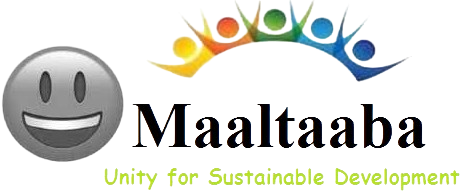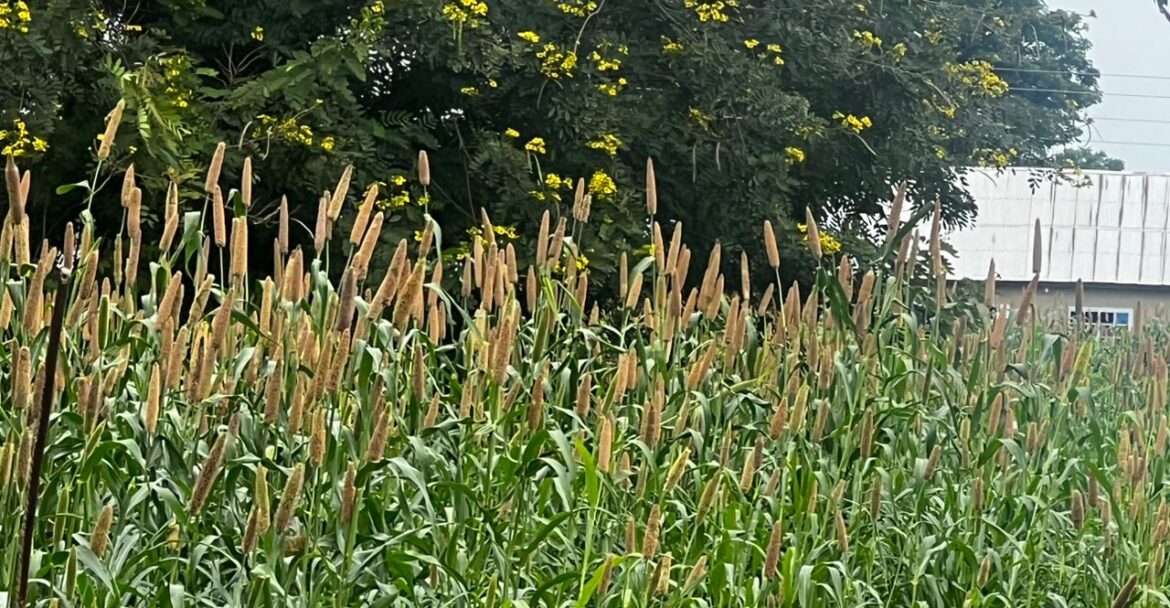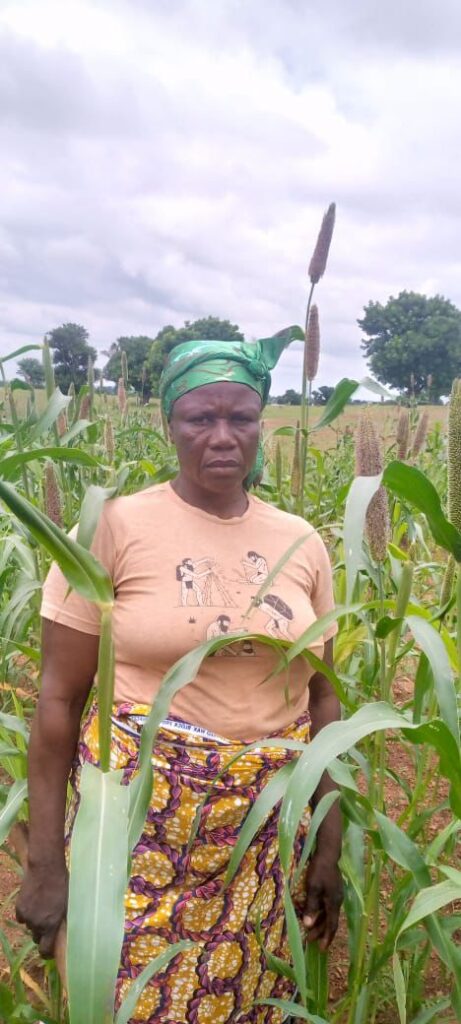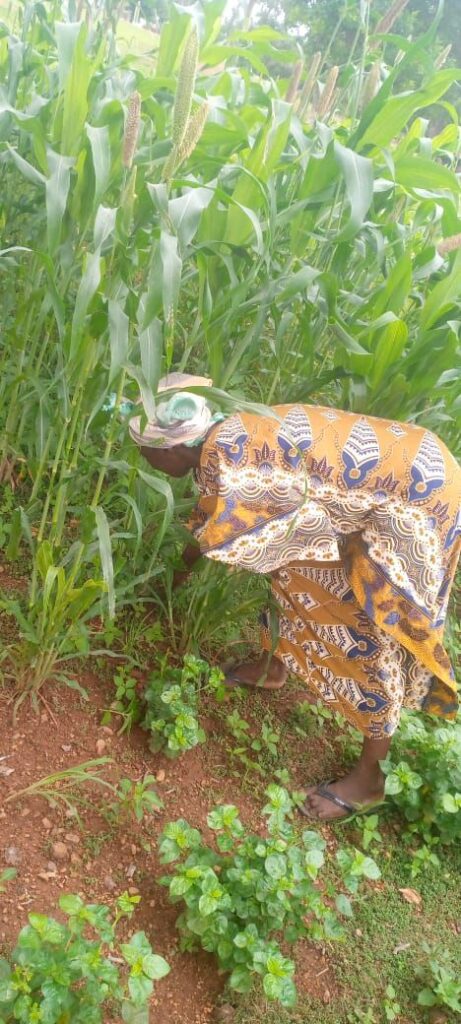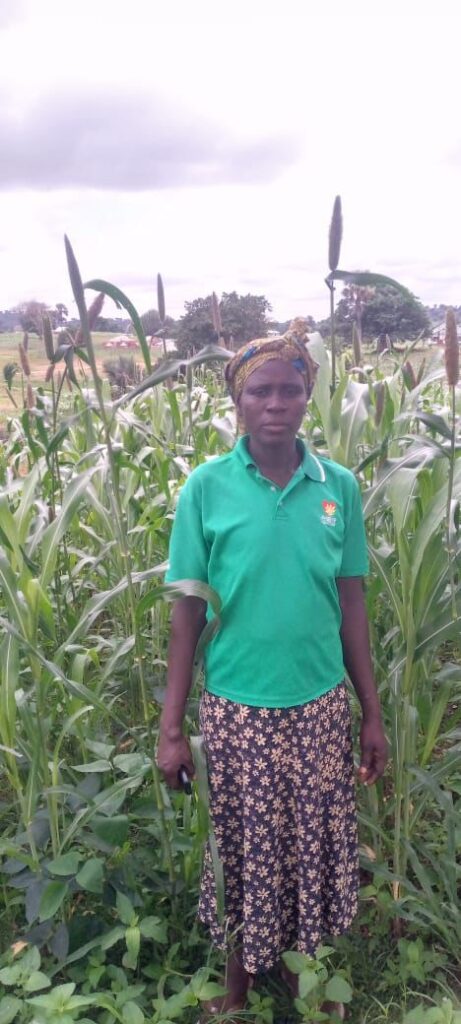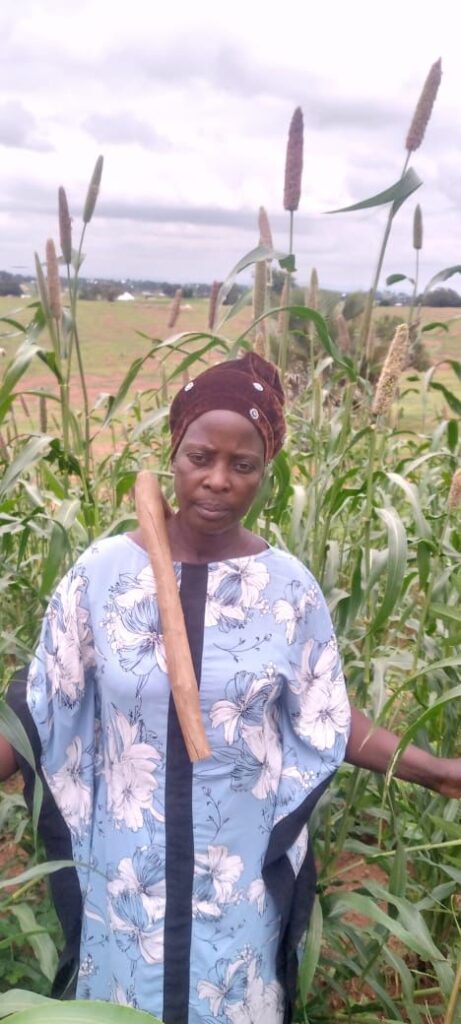In the Talensi district of Ghana’s Upper East Region, the Maaltaaba peasant women farmers are integral to the agricultural landscape, particularly in millet farming. This region, characterized by its semi-arid climate and reliance on rain-fed agriculture, presents both challenges and opportunities for these farmers.
Millet, a resilient crop well-suited to the harsh climatic conditions of the Upper East Region, serves as a staple food source and a crucial part of the local diet. The Maaltaaba women, using traditional farming methods passed down through generations, cultivate millet with a deep understanding of the land and its cycles.
These women are not just farmers; they are custodians of indigenous agricultural knowledge. Their work is essential for food security in the region, contributing to both their households and the broader community. Despite facing challenges such as limited access to modern farming inputs, water scarcity, and the impacts of climate change, the Maaltaaba women demonstrate resilience and resourcefulness.
Their contributions extend beyond farming, as they often play key roles in community decision-making and the preservation of cultural practices related to agriculture. Initiatives aimed at empowering these women, through access to resources and education, could significantly enhance their productivity and well-being, leading to improved food security and economic stability in the Talensi district.
The story of the Maaltaaba women farmers is a testament to the strength and perseverance of rural women in Ghana, who continue to sustain their communities through their dedication to farming and their deep connection to the land.
